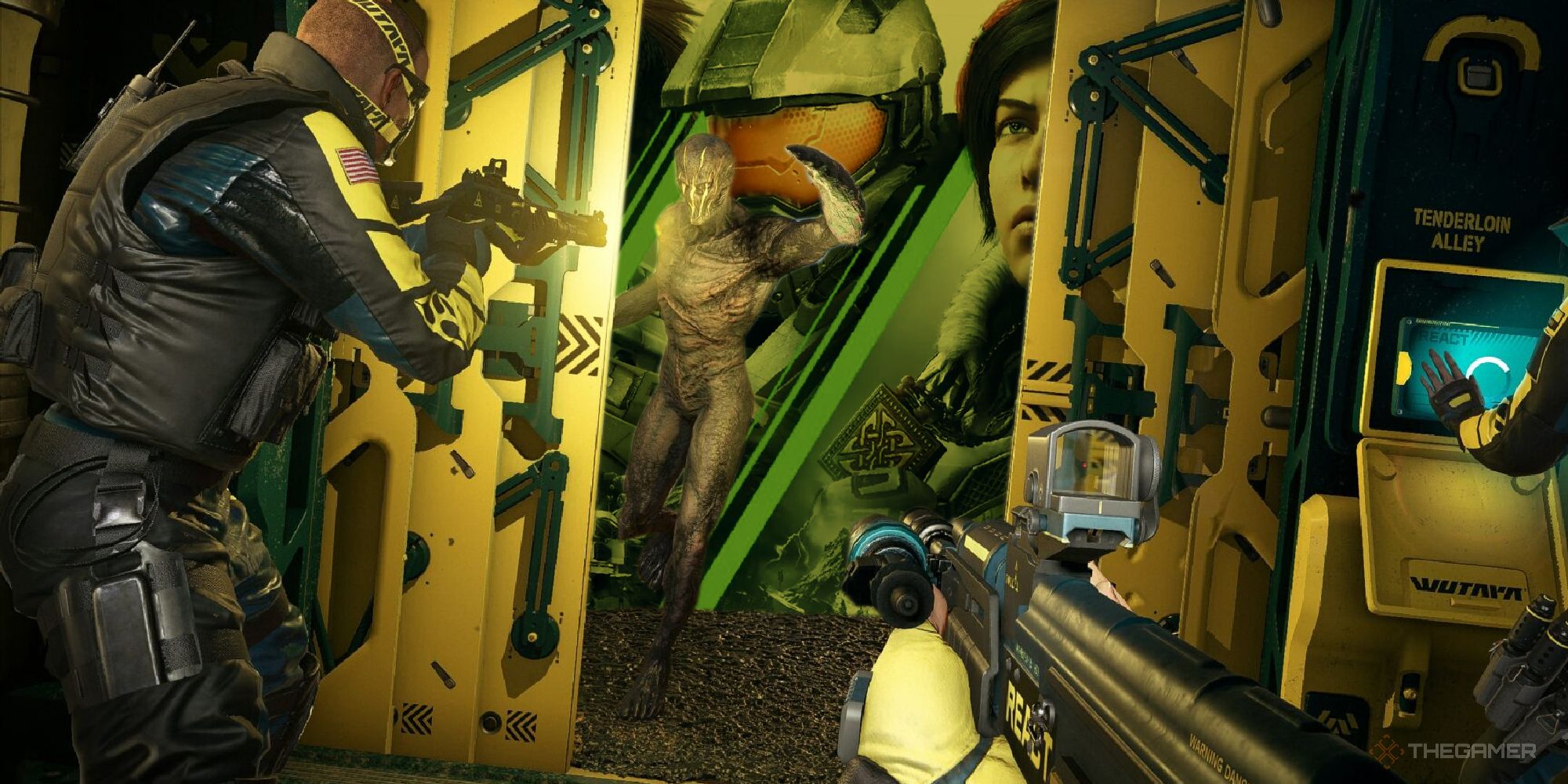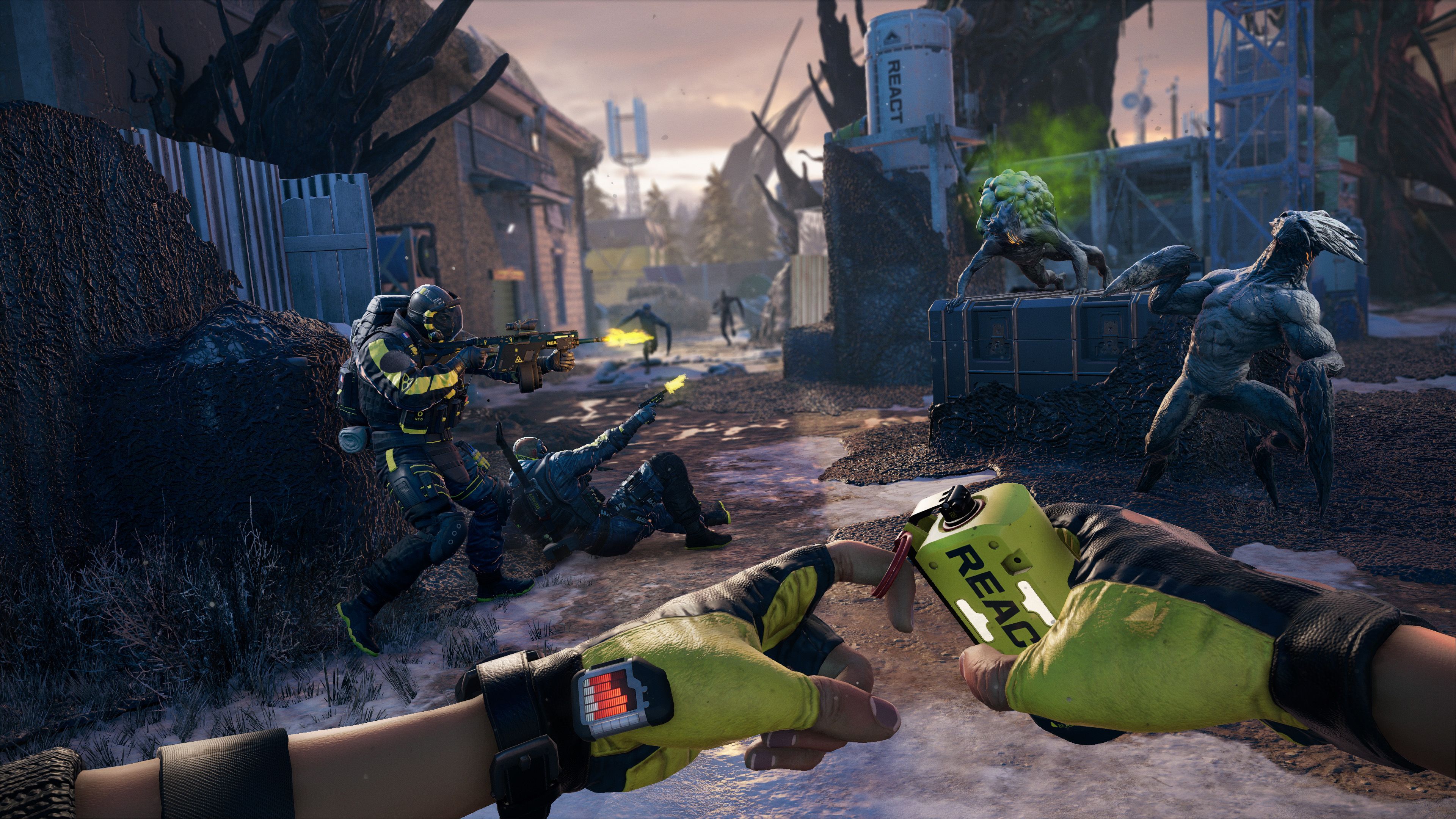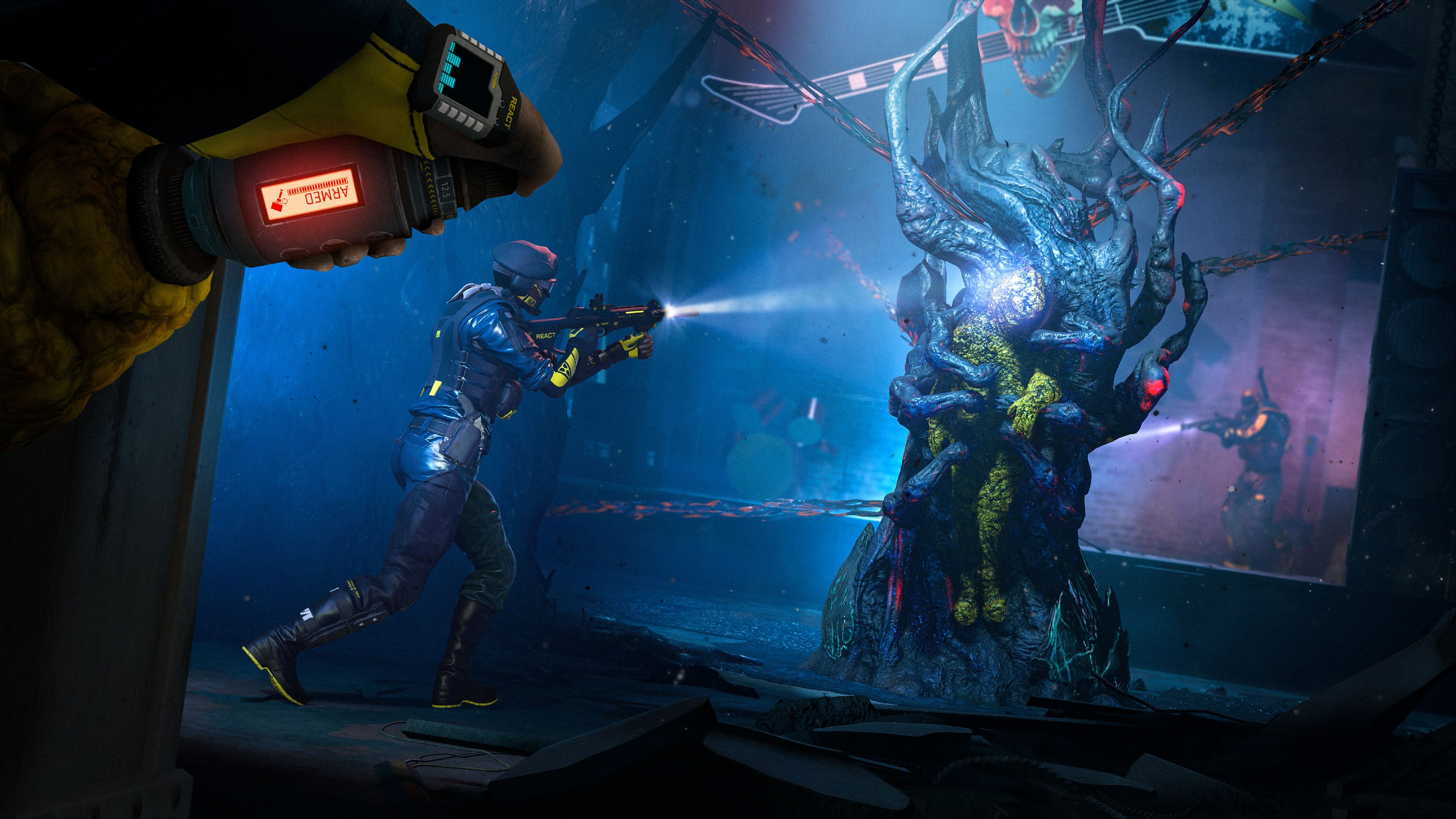Rainbow Six Extraction launched last week, but I’ve heard almost nobody talking about it. I’ve read a bunch of reviews and the multiplayer alien shooter appears to be rather decent, but it hasn’t ignited the existing Siege audience in the way I expected with its returning operators and familiar team-based gameplay. I suppose we’d rather be shooting other players instead of going up against a bunch of weird aliens, something existing games such as GTFO seem to execute upon far more effectively anyway.
It’s much too early to see how the game has performed, having launched in a dry January period that is normally the perfect dumping ground for titles like this that would otherwise go unnoticed, or perhaps it’s a clear signifier of Ubisoft cutting losses and throwing this game out there and hoping it picks up an audience. We’ll potentially never know, but one thing is absolutely certain - Xbox Game Pass has provided Rainbow Six Extraction a lease of life that could save it from certain irrelevance. Myself and many others likely would have never entertained its existence if the decision wasn’t made for it to launch on the subscription service, turning a £60 game into a glorified freebie that almost anyone is free to try.
Chances are that Ubisoft knew this as well, opting to make a flagship title like this available for free instead of risking it becoming a financial failure as it struggles to draw in players. Now anyone can enjoy this reactive shooter as it becomes a new firm favourite, or they can play a few rounds and decide it isn’t for them. Ubisoft has already made bank, Microsoft gets a new subscriber, and we don’t have to waste our money. In a way everybody wins, and Xbox Game Pass has fundamentally changed our relationships to games like this, or in fact any game that we aren’t 100 percent willing to pay full price for.
Whenever I speak with a friend or colleague about an upcoming game, one phrase that is almost always spoken is, “Will it be on Game Pass?” and if the answer is a firm negative, the entire room is met with collective disappointment. Has this generous service made us more entitled gamers that we were already, inviting us to be annoyed whenever a big hitter doesn’t have the common sense to launch on a service that asks us for mere pennies in exchange for hundreds of games? It’s possible, but I like to think this is simply where the industry is going in terms of accommodating services in a space where creative new ideas are riskier and more expensive than ever.
Not to say that Rainbow Six Extraction is original - it almost certainly isn’t - but being yeeted onto Game Pass both mitigates risk and at least guarantees an audience of some form. It could die on its ass in a matter of weeks, and very likely will, but Game Pass twists that loss into something far less dire. The same comparison can be made to games like Back 4 Blood and Knockout City, both of which came to Game Pass and were granted success that might have otherwise been impossible. I don’t think this outlook on releases is sustainable, and it could be little more than a passing trend that publishers will come to realise isn’t a surefire path to success.
Siege is one of the biggest games in the world right now, but that doesn’t mean each new spin-off is going to do gangbusters, even on Game Pass. The generosity granted by the service has already become normalised, making it easier than ever to access a broad range of games that are constantly changing and shifting. Extraction, whether it intended to be or not, is now a part of that vision.
Casual audiences have access to a staggering variety of games now, but this current reality might also condition them to expect more and demand that the latest and greatest games come as part of their membership or reason that they’ve been slighted in some way. The sustainability of Xbox Game Pass in the wider industry remains uncertain, but chances are we will continue to see projects like Rainbow Six Extraction arrive on the service to ensure some form of audience, and whether that is truly a good thing won’t become clear for a very long time.



